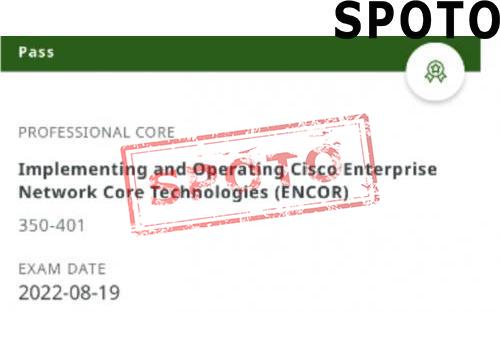
Table of Contents
In an era where technology is evolving at lightning speed, the role of a Systems Integration Engineer (SIE) is emerging as a critical linchpin in the digital landscape. Whether you're an aspiring engineer or a seasoned professional considering a career switch, understanding this dynamic role can open doors to exciting opportunities.
Let's explore what makes Systems Integration Engineering not just a job but a strategic career path with immense growth potential.
1. What is a Systems Integration Engineer?
At its core, a Systems Integration Engineer is the maestro who orchestrates various complex components of a technology ecosystem into a seamlessly functioning whole. Think of them as the architects who design, develop, and implement integrated systems that bring hardware, software, networking, and security together to operate as one.
This role is multidisciplinary, requiring expertise in software development, network architecture, hardware systems, and project management. SIEs work across industries—from aerospace and defense to healthcare, telecommunications, and manufacturing—ensuring that every piece of complex technology communicates effectively and performs reliably.
More specifically, they:
- Design and plan integration processes
- Conduct testing and troubleshooting
- Coordinate with multiple teams to ensure system compatibility
- Maintain security and compliance standards
- Provide ongoing support and optimization
2. How to Become a Systems Integration Engineer?
Breaking into this promising field demands a blend of technical skills, practical experience, and a strategic mindset. Here's a roadmap:
Educational Foundation:
Start with a bachelor's degree in Computer Engineering, Electrical Engineering, Systems Engineering, Computer Science, or related fields. Advanced degrees can give you a competitive edge, especially for specialized sectors like aerospace or defense.
Develop Key Skills:
- Programming: Languages like Python, C++, Java, or scripting languages are essential.
- Networking: Understanding TCP/IP, VPNs, firewalls, and network protocols.
- Systems Architecture: Knowledge of hardware, software, and cloud infrastructure.
- Security: Familiarity with cybersecurity standards and best practices.
- Project Management: Ability to coordinate complex projects, often requiring certifications like PMP.
Gain Practical Experience:
Internships, co-op programs, or entry-level roles in systems administration, software development, or network engineering build your hands-on expertise.
Certifications for Boosting Credibility:
- Cisco Certified Network Professional (CCNP)
- CompTIA Security+
- Cloud certifications (AWS, Azure, Google Cloud)
Build a Portfolio:
Work on real-world projects, contribute to open-source initiatives, or simulate system integrations to showcase your skills to employers.
Networking and Continuous Learning:
Join industry groups, attend conferences, and stay updated on emerging technologies like IoT, 5G, and edge computing.
3. Why become a Systems Integration Engineer?
High Demand & Competitive Salary
As organizations accelerate digital transformation, the need for SIEs skyrockets. They're sought after in various domains to streamline operations, enhance security, and innovate products. According to recent industry reports, the average salary ranges between $85,000 and $130,000 annually in the US, with top-tier professionals earning more depending on experience and specialization. Fields like aerospace or defense tend to offer premium compensation due to complexity and security clearances.
Career Diversification
From cybersecurity and cloud computing to IoT and AI, the role offers opportunities to specialize or ascend into leadership roles like Systems Architect or Engineering Manager.
Impact & Innovation
SIEs are at the forefront of developing cutting-edge systems that power everything from autonomous vehicles to space missions. Their work directly influences technological advancement and operational excellence.
Job Outlook
Complex systems require maintenance and upgrades, ensuring sustained demand in this area. The BLS projects a significant growth rate of 7-10% in related engineering fields over the next decade, driven by the rise of IoT, 5G, cloud services, and cybersecurity needs. The integration of diverse systems into unified platforms will become more critical, ensuring high demand for skilled SIEs.
Related Jobs:
- Systems Engineer
- Network Engineer
- Cybersecurity Specialist
- DevOps Engineer
- Cloud Solutions Architect
- Hardware Systems Technician
4. Conclusion
Embarking on a career as a Systems Integration Engineer offers more than just a job; it provides a strategic avenue into the future of technology. It's a role that commands technical prowess, problem-solving agility, and an innovative mindset—all crucial in shaping the interconnected world of tomorrow.
As industries grapple with ever-increasing complexity and the need for seamless digital ecosystems, SIEs are poised to be the architects of innovation, security, and efficiency. With competitive salaries, promising growth, and the chance to work on transformative projects, becoming a Systems Integration Engineer is not just a smart career move—it's a strategic leap into shaping the technological landscape of the future.
Ready to take the next step? Start honing your skills today and position yourself at the forefront of technological integration. The world needs what you can build!










